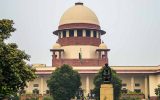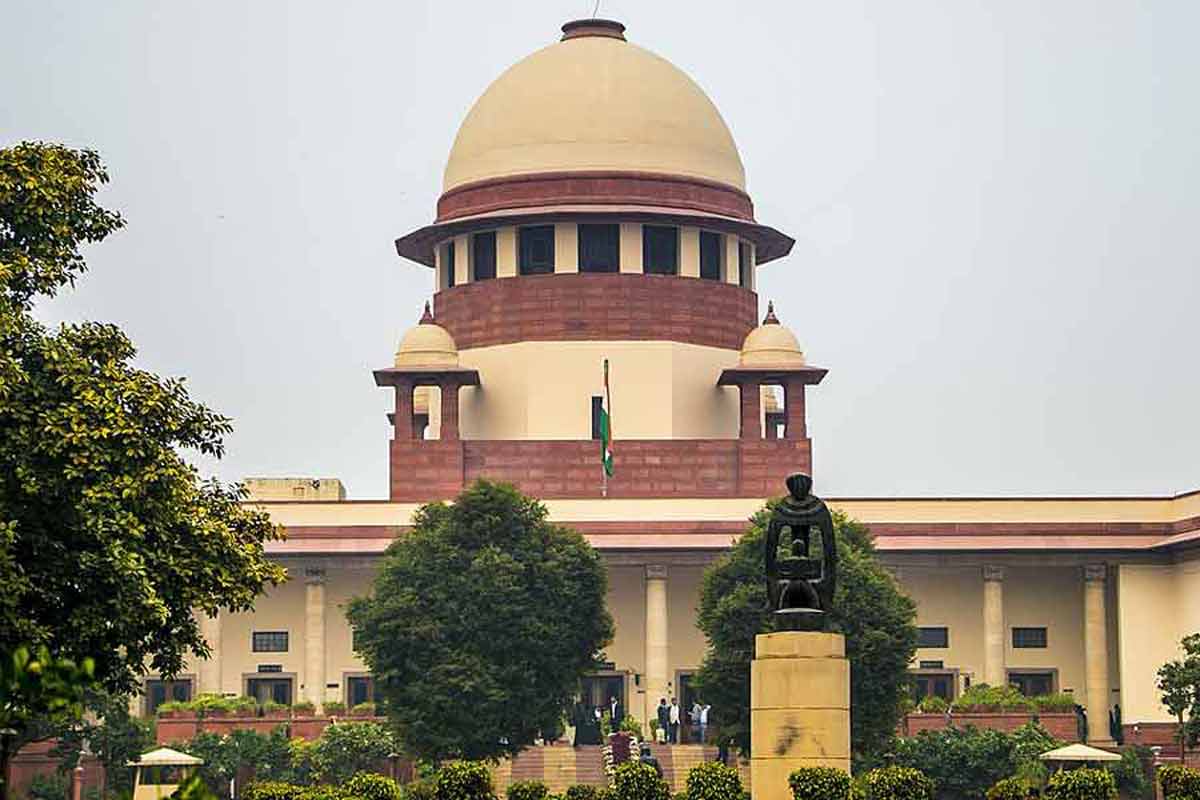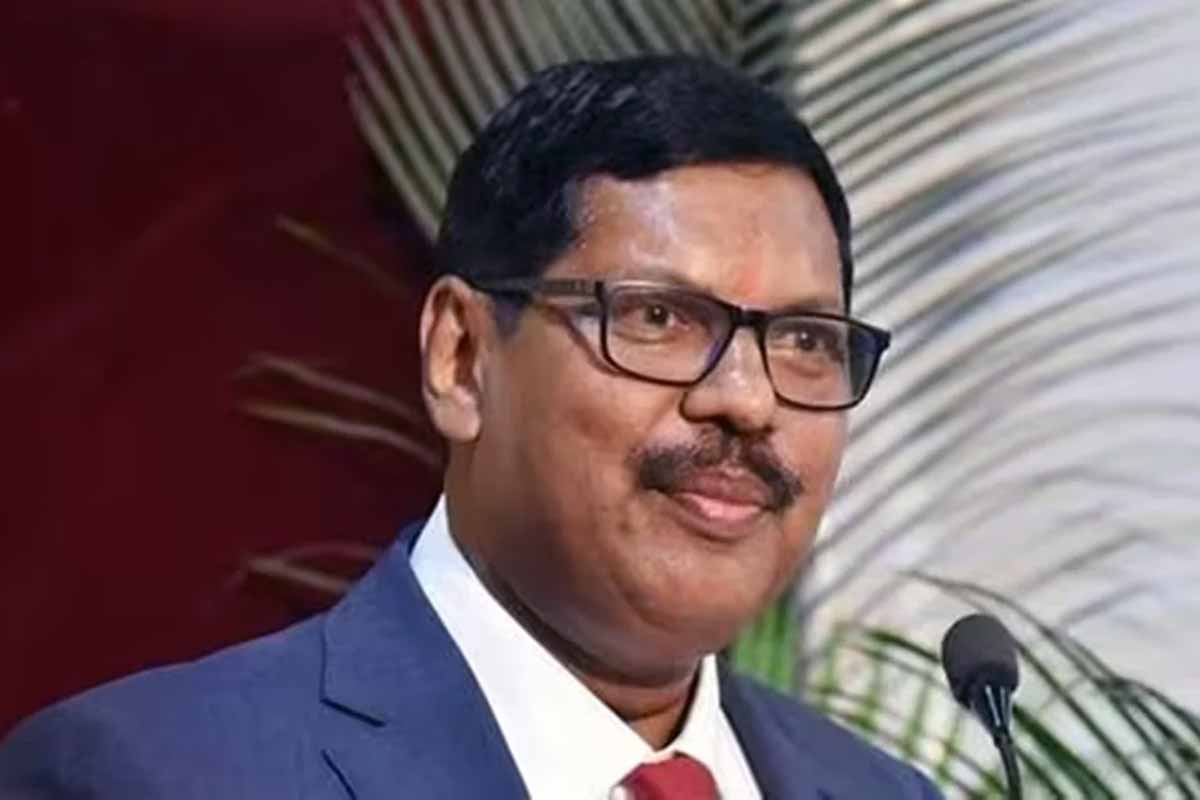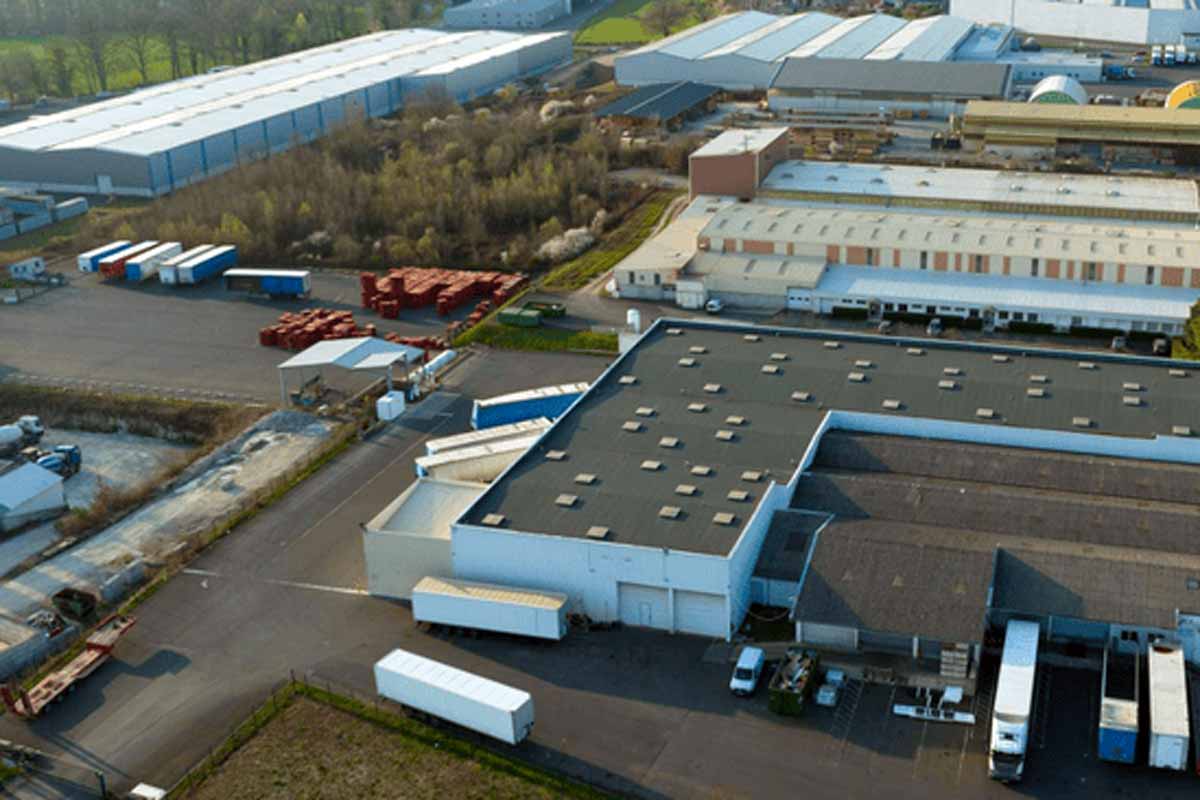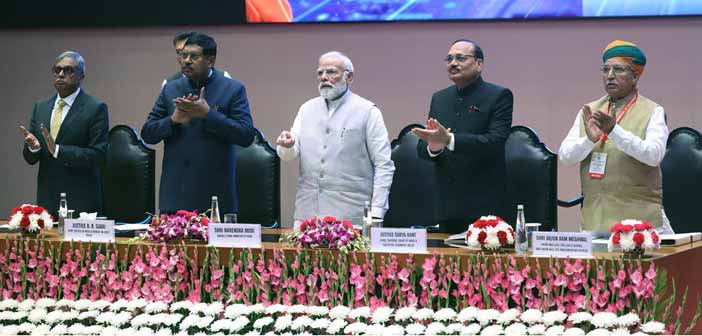
PM Modi on NALSA’s Legal Aid Conference.
Prime Minister Narendra Modi on Friday underscored the importance of reforming India’s justice delivery system alongside efforts to enhance business and living conditions, stating that “ease of doing business” and “ease of living” are incomplete without “ease of justice.”
Speaking at the National Conference on “Strengthening Legal Aid Delivery Mechanisms” and the celebration of Legal Services Day, organized by the National Legal Services Authority (NALSA), the Prime Minister highlighted the government’s commitment to making justice more accessible, faster, and inclusive.
The conference was attended by Chief Justice of India (CJI) BR Gavai, CJI-designate Justice Surya Kant, Justice Vikram Nath, and Union Law Minister Arjun Ram Meghwal. In his address, PM Modi emphasized that for a democracy to thrive, access to justice must reach all citizens, regardless of their socio-economic status. He said, “Justice becomes truly accessible and timely only when it reaches every individual, without regard to their social or economic background. That is when the foundation of social justice is truly strengthened.”
READ: Punjab and Haryana High Court Orders CBI Probe into Bribery Involving Judges and Advocates
PM Modi praised the role of Legal Services Authorities, which he said serve as a vital link between the judiciary and citizens, ensuring that even those without resources can approach the legal system. “From the national level down to the taluka level, these institutions play a crucial role in ensuring access to justice for all,” he said, also highlighting the Tele-Law programme that has provided pre-litigation advice to over 1 crore people across India.
The Prime Minister stressed the ongoing reforms to simplify legal frameworks and reduce bureaucratic hurdles. “More than 40,000 unnecessary compliances have been eliminated. Through the Jan Vishwas Act, over 3,400 legal provisions have been decriminalised, and more than 1,500 outdated laws have been repealed,” he noted. Additionally, he pointed to the implementation of the new Bharatiya Nyaya Sanhita, which replaced archaic laws that had been in place for decades.
On the use of technology in the justice system, PM Modi highlighted the government’s investments in digitizing court processes. “From e-filing to virtual hearings, technology has transformed the justice delivery process, making it more efficient and humane. The path to securing justice has become easier,” he said, referencing the ₹7,000 crore allocated for the third phase of the e-Courts project.
In an effort to ensure that justice is accessible to people in their own language, PM Modi also called for greater emphasis on linguistic inclusivity. He praised the Supreme Court for translating over 80,000 judgments into 18 Indian languages, which he described as a step towards greater inclusivity in the legal system. “When people understand the law in their own language, compliance increases, and litigation decreases,” the Prime Minister added.
READ: Delhi Court Rejects Case Against Sonia Gandhi Over Voter List Controversy

BR Gavai, Chief Justice of India.
Chief Justice Gavai Reflects on the Moral Philosophy of Legal Aid
Chief Justice BR Gavai, who was also present at the conference, reflected on the moral philosophy behind the legal aid movement, invoking Mahatma Gandhi’s famous talisman: “When in doubt, recall the face of the poorest and weakest person you have seen, and ask whether the step you take will help them.”
Justice Gavai shared a personal anecdote from his visit to a relief camp in Manipur, where a young boy had told him, “Bane raho, bhaiya” (“Stay strong, brother”). The CJI said this moment reminded him that the true strength of the legal services movement lies not in statistics or reports, but in the quiet gratitude of citizens who were once invisible.
READ: Telangana High Court Quashes Cases Against Tweets Criticizing Congress, Issues Guidelines
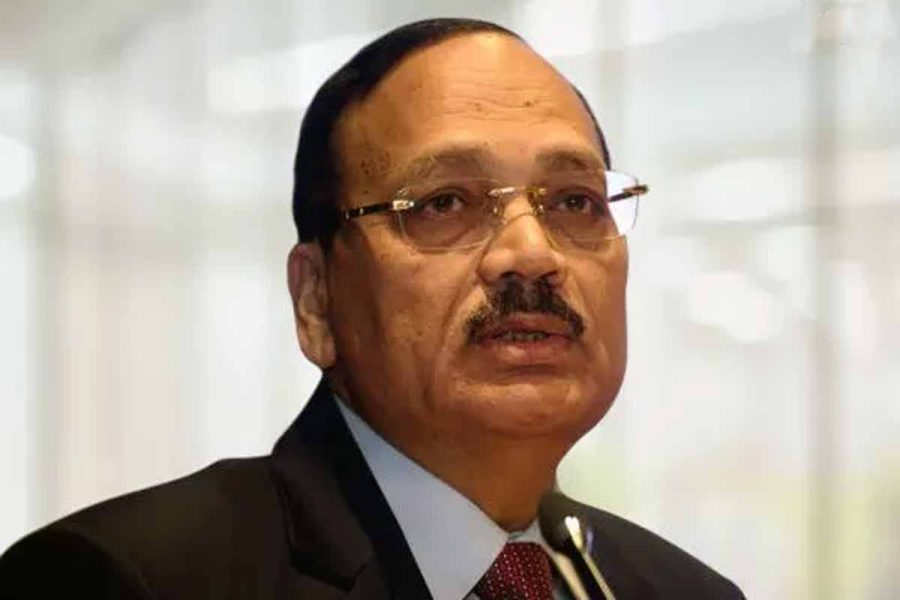
Justice Surya Kant, Supreme Court of India.
Justice Surya Kant: A People-Centric Approach to Justice
Justice Surya Kant, who is set to take over as Chief Justice of India, reflected on the Legal Services Authorities Act as a turning point in the journey toward equal and affordable justice. He emphasized the potential of technology in providing legal services, such as remote legal aid clinics and online conciliations. However, he cautioned that technology must be accompanied by a focus on local knowledge, linguistic accessibility, and empathy.
“Technology offers real opportunities, but it must be guided by human connection and community engagement. A truly people-centric justice system is one where judges, lawyers, law students, paralegal volunteers, and community organizations share ownership,” Justice Surya Kant said.
A Shared Vision for Accessible Justice
The event marked a significant moment in India’s ongoing journey toward an equitable legal system, with leaders across the judiciary and government reiterating their commitment to ensuring that legal aid reaches every corner of the country. As PM Modi concluded his address, he emphasized that reforms in the legal sector would continue, with the ultimate goal of empowering every citizen through a more efficient, accessible, and inclusive justice system.
“Let us ensure that the doors of justice remain open to all, so that every individual, regardless of their background, can experience the power of justice,” PM Modi said.
The National Legal Services Authority’s efforts, alongside government reforms, aim to strengthen India’s legal aid delivery mechanisms and make justice more attainable for all.
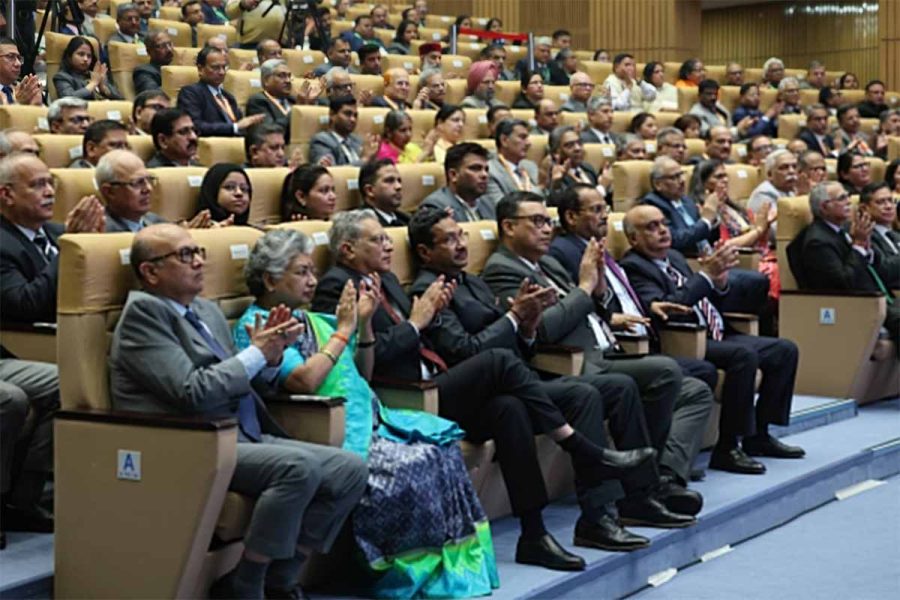
Judges and Dignitaries at NALSA Legal Aid Programme.


